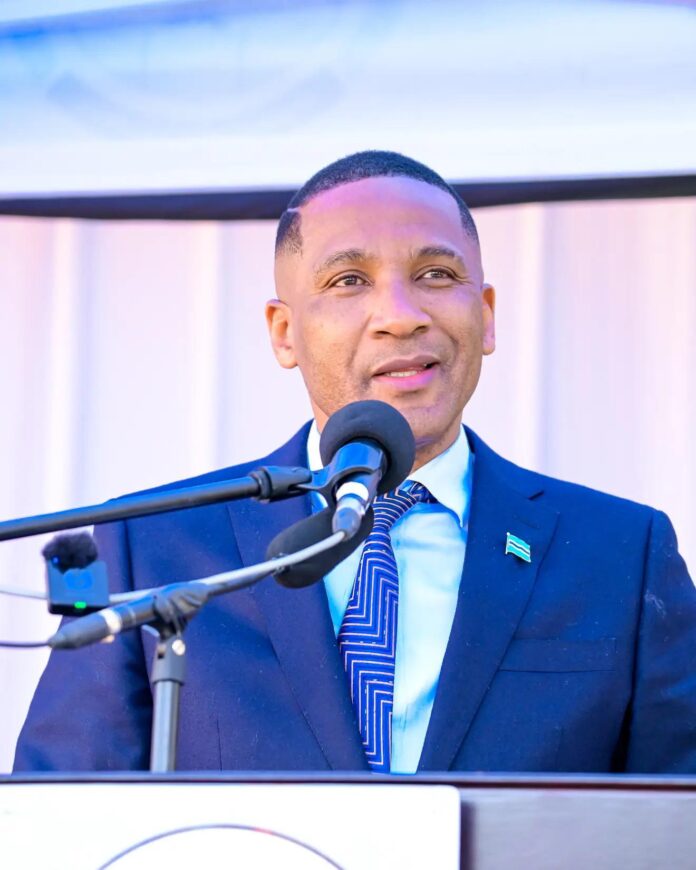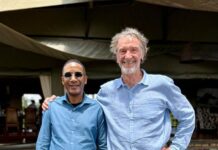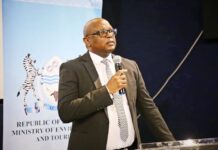In a dramatic pivot, Botswana, a nation flush with diamond wealth but plagued by crippling inequality, is unleashing a torrent of social initiatives aimed at rectifying a decades-old economic imbalance. With a Gini coefficient that in 2015 dwarfed the upper-middle-income average at 53.3, Botswana stands among the world’s most unequal nations, a stark paradox to its robust GDP.
The government’s new, multi-pronged offensive, launched by President Duma Boko, seeks to tear down the deep-rooted divide, a legacy stretching back to colonial-era cattle wealth, exacerbated by a capital-intensive diamond industry that has largely bypassed the majority.
At the heart of this audacious strategy is the Bonno National Housing Programme, targeting 100,000 new homes within three to five years, with “rent-to-buy” options designed to turn tenants into homeowners. President Boko heralds it as “one of the most ambitious projects of wealth transfer ever undertaken,” directly confronting the staggering statistic that Botswana’s richest 10% own 57% of all assets.
In a move set to impact millions directly, the Old Age Pension has been boosted by nearly 70%, from P830 to P1,400 monthly, effective April 1, 2025. This P3.1 billion annual commitment aims to uplift seniors and, crucially, the multi-generational households they often support.
Perhaps the most contentious measure is the proposed P4,000 monthly minimum wage, a colossal leap from the current P9.06 per hour (approx. P1,450 monthly). While lauded as a path to a “living wage” and poverty reduction, it faces a fierce backlash from businesses. A recent survey revealed only 30% of businesses are ready for the hike, with concerns mounting over rampant inflation, accelerated automation, and widespread job losses for low-skilled workers. This policy, critics warn, could inadvertently create a new wave of unemployment, deepening the very divide it seeks to bridge.
Beyond income and assets, the government is making strategic bets on human capital and grassroots governance. Vocational Training College allowances are skyrocketing from a paltry P300 to P1,900, effective August 2025. This aims to destigmatize technical education, equipping a new generation with essential skills for a diversified economy. Simultaneously, Village Development Committee (VDC) allowances will surge to P2,500 monthly, empowering local leaders and ensuring development reaches every corner of the nation.
While the ambition is clear and challenges remain, Botswana’s comprehensive social initiatives represent a significant stride towards a more equitable future. By focusing on both income and asset redistribution, alongside vital investments in human capital and empowered local governance, these programs are designed to address the foundational drivers of inequality. The strategic emphasis on creating opportunities for all, from property ownership to skilled trades, lays a robust groundwork for sustainable and inclusive growth. With sustained political will, careful implementation, and ongoing adaptation, these bold steps hold immense potential to uplift vulnerable populations, narrow the wealth gap, and build a more prosperous and dignified Botswana for generations to come. The nation is demonstrating a powerful commitment to ensuring that its diamond wealth translates into genuine prosperity for all its citizens.



